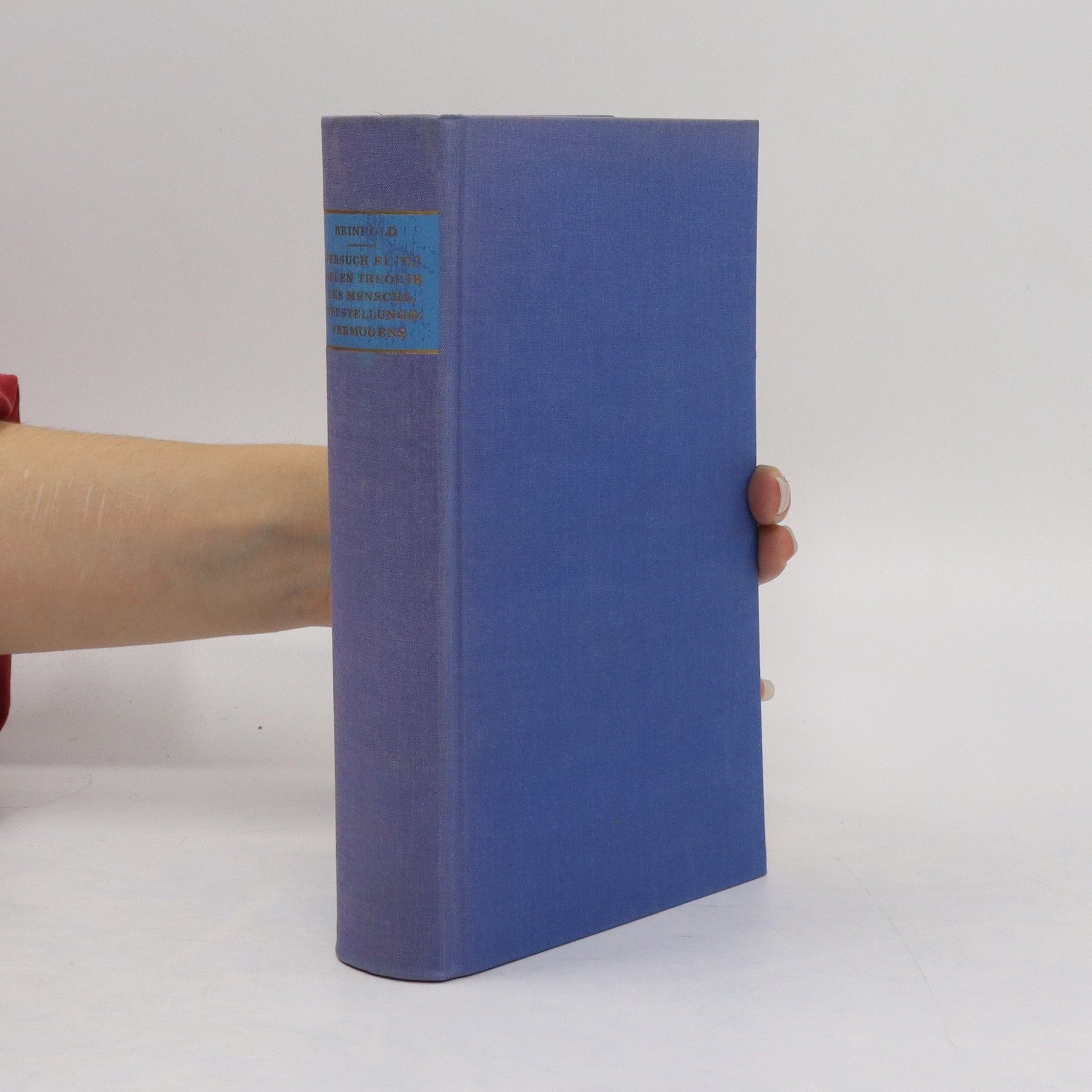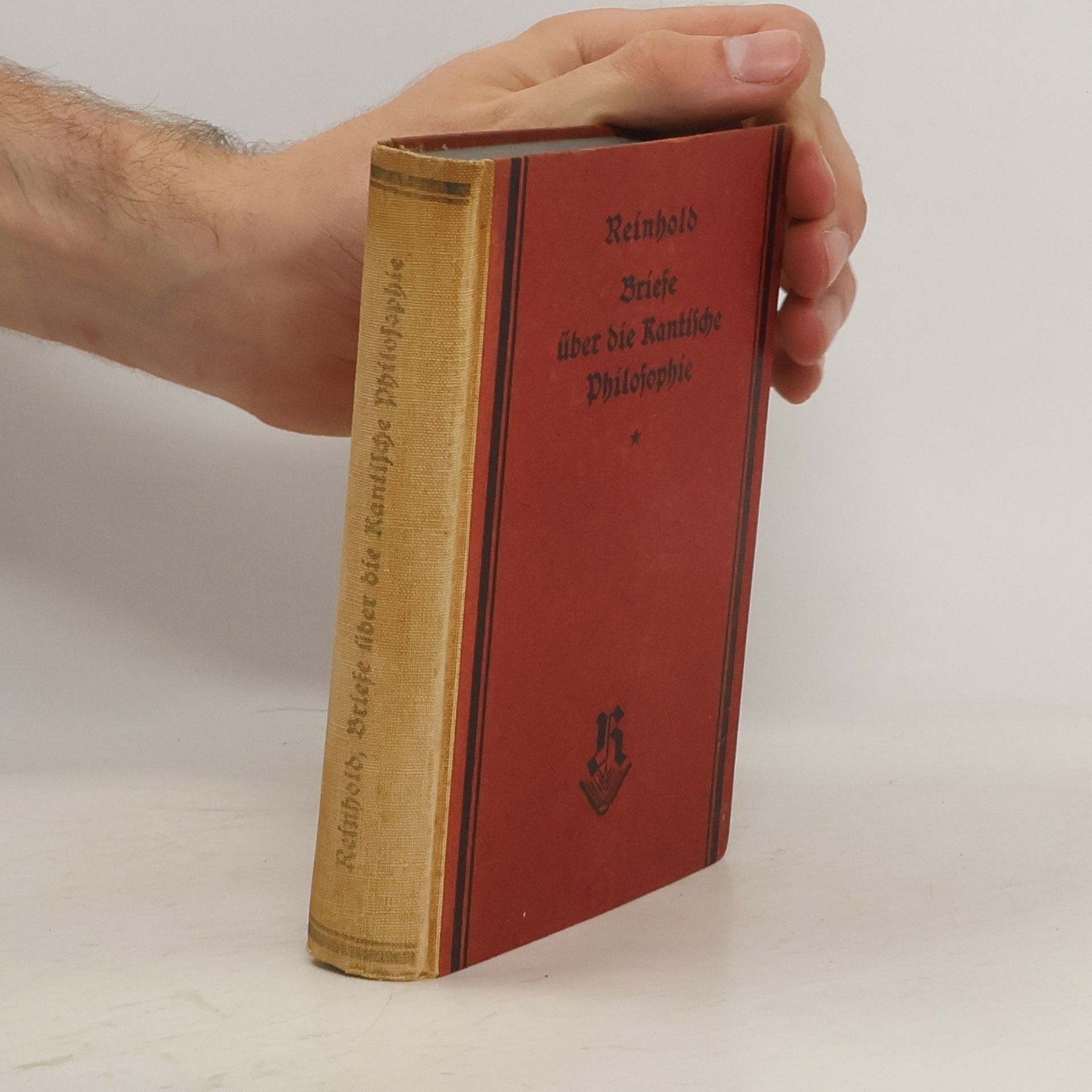Carl Leonhard Reinhold Books
October 26, 1757 – April 10, 1823
Karl Leonhard Reinhold was an Austrian philosopher who helped popularize Immanuel Kant's work in the late 18th century. His "elementary philosophy" influenced German Idealism, notably Johann Fichte, as a critical system grounded in a fundamental first principle. His writings explored the foundational elements of knowledge and consciousness, laying groundwork for subsequent philosophical developments.


